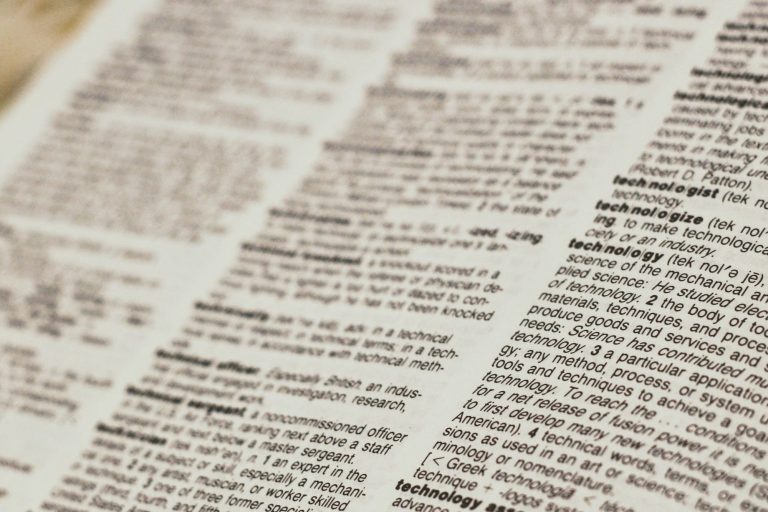Considered as one of the world’s strongest island economies, Indonesia’s export and import policies are instrumental in shaping its trade dynamic. The country’s straddling position on major sea lane communication, as well as its abundant natural resources, offer significant opportunities within the export-import framework.
The Role of Exports and Imports
Export and import activities represent the backbone of any economy, emphasizing their interrelation. Exports allow countries to venture into overseas buyer markets, selling their surplus products and services, which in turn possibly increases local industry growth and jobs. On the other hand, import allows them to bring in goods and services that may be scarce or unavailable domestically, thereby fostering diversity in choice for consumers and fostering healthy competition.
Indonesia’s Export-Import Policy
In Indonesia, the Ministry of Trade regulates Export-Import policies. The country’s approach is inclined towards liberalization, promoting free trade while ensuring the local industry’s protection. The key pillars of Indonesia’s export-import policy include expanding market access, enhancing competitive advantage, and promoting sustainable commerce.
For instance, in terms of expanding market access, Indonesia has joined multiple regional trade agreements like ASEAN and APEC, which allows it to amplify its exposure and trading activity with partner countries.
Examples Demonstrating the Policy
The recent situation of palm oil exports serves as a prime example of Indonesia’s export-import policy. Indonesia is the world’s largest palm oil producer and it exports most of its production. However, facing charges of environmental damage and deforestation, the country is working to transform its palm oil industry into a more sustainable one. This aligns with Indonesia’s aim to ensure sustainable exports.
Moreover, the controlled import of rice in Indonesia reaffirms the nation’s bid to protect local farmers. To shield them against cheap overseas competition, the government permits rice imports only in situations that might lead to a domestic shortage.
Future Perspectives and Challenges
Indonesia’s export-import policies are continually evolving to adapt to shifting domestic needs and global economic conditions. The government’s key challenge lies in striking an effective balance between encouraging international trade and safeguarding domestic industries. Further, the ongoing global pandemic and increasing global protectionism also pose serious challenges to its export-import scene.
In conclusion, the export and import interrelation in Indonesia’s economy and trade policy is evident. While the country has reaped benefits from these policies, continuous refinement is essential considering the rapidly changing global trade landscape. Indonesia’s export-import policy certainly defines its trade path, and with prudent management, the country can convert challenges into opportunities.













